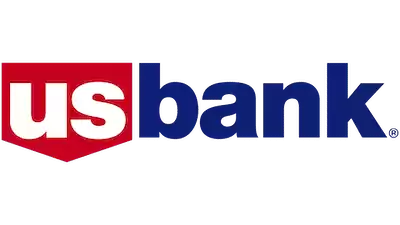If you own a small business, you’re no stranger to securing funding. Providing a product or service is often expensive, and receiving the funding you need to make your small business possible can be difficult—especially if you have bad credit.
Although it’s possible to secure funding through methods that don’t take your credit into account, at the end of the day, many small business owners use personal credit to run their businesses because it’s one of the fastest ways to secure funding.
If you are interested in using your credit to get your business off the ground, you must understand that your credit history can make or break your company’s funding.
Due to this fact, it’s paramount that you sidestep bad credit in every way possible. Below, you’ll find seven things that can help you establish, repair and maintain a positive credit history.
1) Obtain a Personal Credit Card
According to the Consumer Financial Protection Bureau, 10 percent of American consumers have no credit history. If you fall within this demographic, you’ll need to establish a credit history first.
There are several ways to do this, but one of the best is to obtain a personal credit card. Once you have this line of credit, you can begin to make purchases on it and pay them off in a timely fashion, which will start to build your credit history.
2) Avoid Payday Loans
If you do not have a personal credit history or you have a bad credit history, you might be tempted to use payday loan apps because it’s a fast way to receive money. Although this may be tempting, payday loans have high default rates, and if you can’t make your payments, you’ll end up hurting your credit score.
3) If Need Be, Fix Your Bad Credit
The best strategy for a healthy credit score is prevention, but if you’re a situation where you need to fix your credit, there’s still hope. As long as you start paying off the debt you have, you can begin to upgrade your credit score—which will position you to successfully gain financing for your small business.
4) Think Beyond Your Credit Card
If you don’t have a credit card, you might still have a credit history. For example, if you’ve been evicted or failed to pay your rent and your landlord has reported you to a credit bureau, your credit history will be negatively impacted.
Using this logic, you might assume that your on-time rent payments boost your credit score, but this isn’t generally the case. Landlords and leasing companies do not report timely payments to credit bureaus, which is why it’s important to have a well-maintained credit card or another type of funding that is reported to credit bureaus on a consistent basis.
5) Decide What Your Credit Will Be Used For
Building a successful small business is a complicated process, and many unexpected expenses can come up along the way. Although these unforeseen expenses are not inherently bad, they can harm you if you haven’t budgeted for them and need to pay for them with credit.
To avoid financing every little expense on a line of credit—which can add up quickly—write out a plan that outlines exactly what the credit will be used for before you begin to put expenses on it.
6) Pay Your Bills On Time
Many business owners are strapped for cash, which causes them to pay some bills and default on others. In general, these individuals think that this won’t hurt them too much, but the fact of the matter is that even one missed payment can lower your credit score by several points.
Albeit simple, you can avoid this common pitfall by paying your bills on time every single month. Also, make sure you make copies of your receipts so you have them for your records come tax time or to give to your accountant.
7) Always Have a ‘Plan B’
If you’re trying to secure money for your business, the last thing on your mind is probably your savings. However, saving money is one of the most important things you can do.
Chances are that you’ll have times where it’s hard for your small business to pay off its financial obligations, and if you have a bit of money saved, you can avoid the implications of defaulting on your responsibilities by utilizing your savings.
Start Sidestepping Bad Credit Today
Whether you’re trying to create, sidestep or repair bad credit, you’ll face challenges along the way. Crediting a good credit history takes time and patience, but if you own a small business, it’s well worth the investment.
Open & Earn $750
U.S. Bank has three business checking accounts, Gold and Platinum — including a free option with its Silver Business Checking. You can apply for an account online, over the phone or in person at a branch (U.S. Bank has branches in 26 states).









